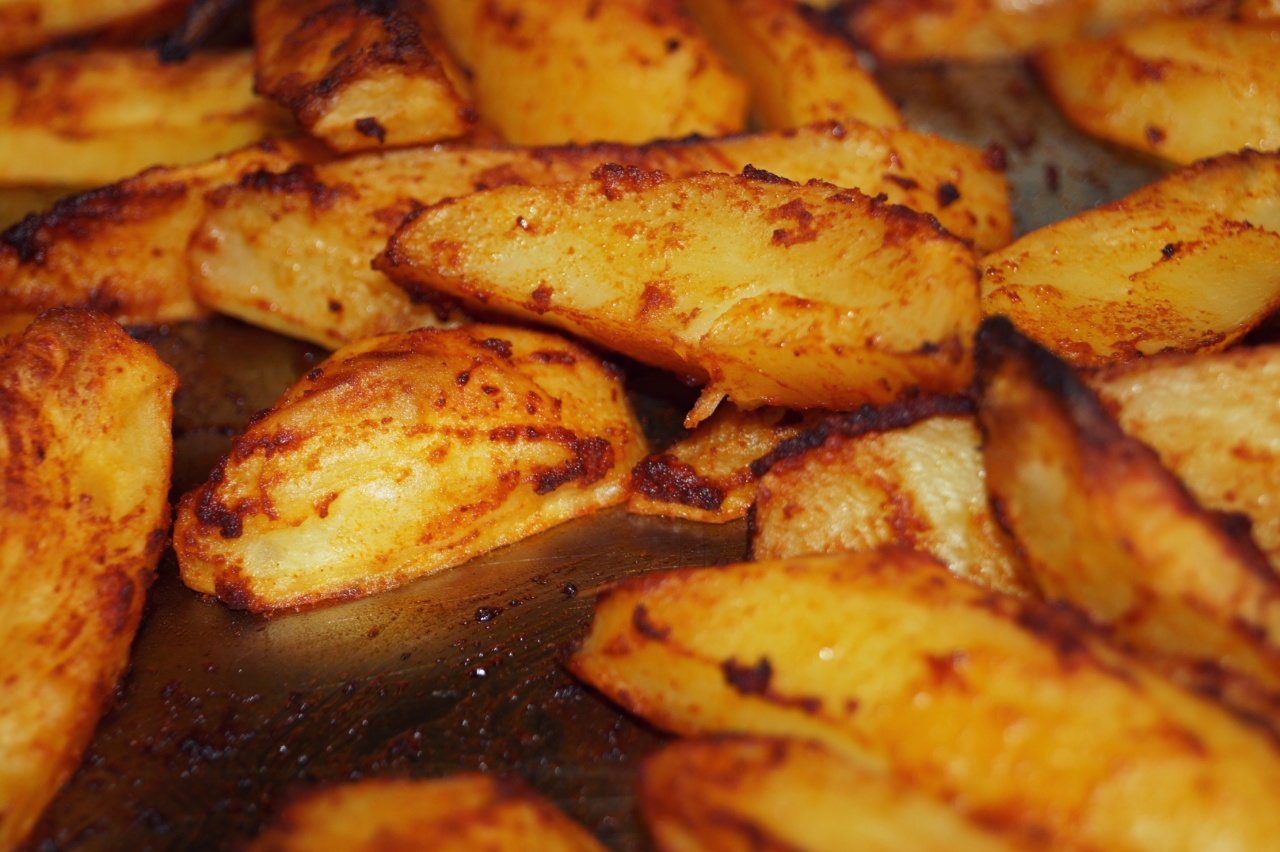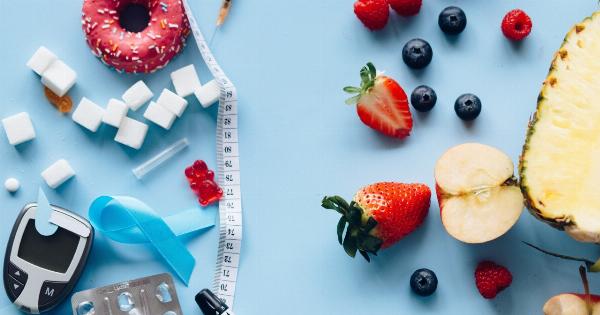When a woman is pregnant, she should be more careful about her diet as it plays a vital role in the development of a fetus. Every food intake during pregnancy must provide the necessary nutrients for the mother and the baby.
However, some foods might impose health risks, and one of them is potatoes. In this article, we will discuss if potatoes are safe to eat during pregnancy, what benefits and drawbacks they offer and what is the ideal amount of consumption.
Benefits of Eating Potatoes During Pregnancy
Despite its reputation as a starchy vegetable, potatoes offer numerous benefits, especially when consumed during gestation. Here are some of them:.
1. Regulates Blood Pressure
Potatoes have adequate amounts of potassium, which helps lower blood pressure. High blood pressure during pregnancy may lead to many health complications, including pre-eclampsia, a life-threatening condition.
2. Prevents Anemia
During pregnancy, a woman’s blood volume increases, and so does their susceptibility to anemia. Potatoes have a high content of iron, a vital nutrient that helps to prevent anemia.
3. Moderates Blood Sugar Levels
The high fiber content in potatoes keeps one feeling fuller for longer, reducing unhealthy food cravings. They help regulate blood sugar levels, preventing gestational diabetes.
4. Boosts Immunity
Potatoes have vitamins C and B6, which help boost the immune system. With a fortified immune system, pregnant women can effectively fight off infections and other related illnesses.
Drawbacks of Eating Potatoes During Pregnancy
As much as potatoes are beneficial during pregnancy, they have some drawbacks that could affect the health of the mother and the baby:.
1. Pesticides
There is a likelihood that potatoes may contain pesticide residues. Pesticides are harmful and may lead to birth defects, developmental delays and other related issues.
2. High Glycemic Index
The high glycemic index (GI) of potatoes means that they raise the blood sugar levels rapidly, leading to an insulin spike. Gestational diabetes is a common condition during pregnancy, especially in the second trimester.
Eating potatoes can be harmful to the mother and the fetus, and it is essential to monitor the portion sizes consumed.
3. Increase in Weight
Pregnancy can be notorious for weight gain, and eating too many potatoes, especially when deep-fried or cooked in unhealthy oils, can contribute significantly to weight gain.
4. Contaminants
Contaminants such as heavy metals, especially lead, mercury and cadmium, are harmful. Exposure to such toxins can lead to neurological, developmental and behavioral defects.
It is, therefore, essential to eat organically grown potatoes as they are grown without chemicals such as fertilizers and pesticides.
How Much Potatoes Should You Eat During Pregnancy?
Despite potatoes having numerous health benefits, it is essential to consume them in moderate amounts. Consuming too much of it could impose health risks, and to avoid that, here are some recommendations:.
1. Suggestions from USDA
The United States Department of Agriculture (USDA) suggests that people consume one cup of potatoes per week, and pregnant women must limit their intake further.
2. Portion Limits
The American Congress of Obstetricians and Gynecologists (ACOG) recommends that a woman have at least 8-10 portions of fruits and vegetables daily, and potatoes should not take up more than one portion daily.
However, this is entirely dependent on the individual’s dietary preferences and the elaboration of the recipes used.
3. Expert Opinion
Pregnant women should seek expert advice from certified dieticians, nutritionists and their primary care physicians to help tailor diets that suit their needs.
In Conclusion
Potatoes are a rich source of vital nutrients and minerals that are beneficial to the health of a pregnant woman. Although they should be consumed in moderation, pregnant women can safely include them in their daily meal plan.
It is essential to source potatoes from reliable, certified sources and consume them after washing thoroughly and cooking appropriately.






























